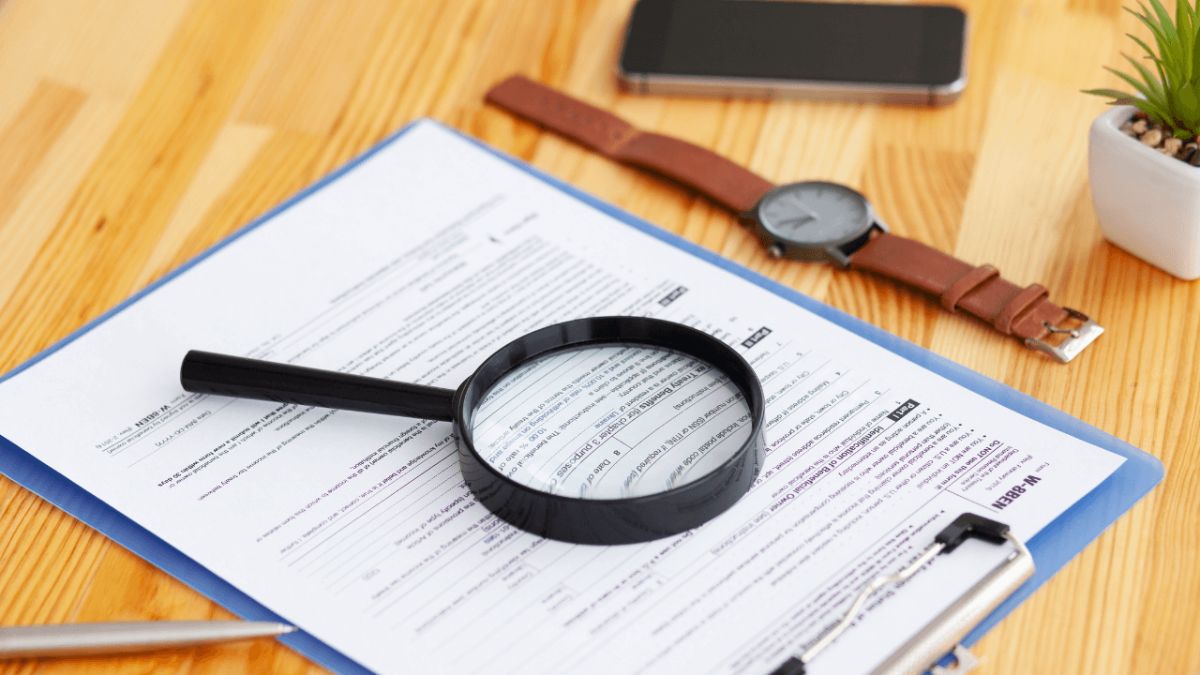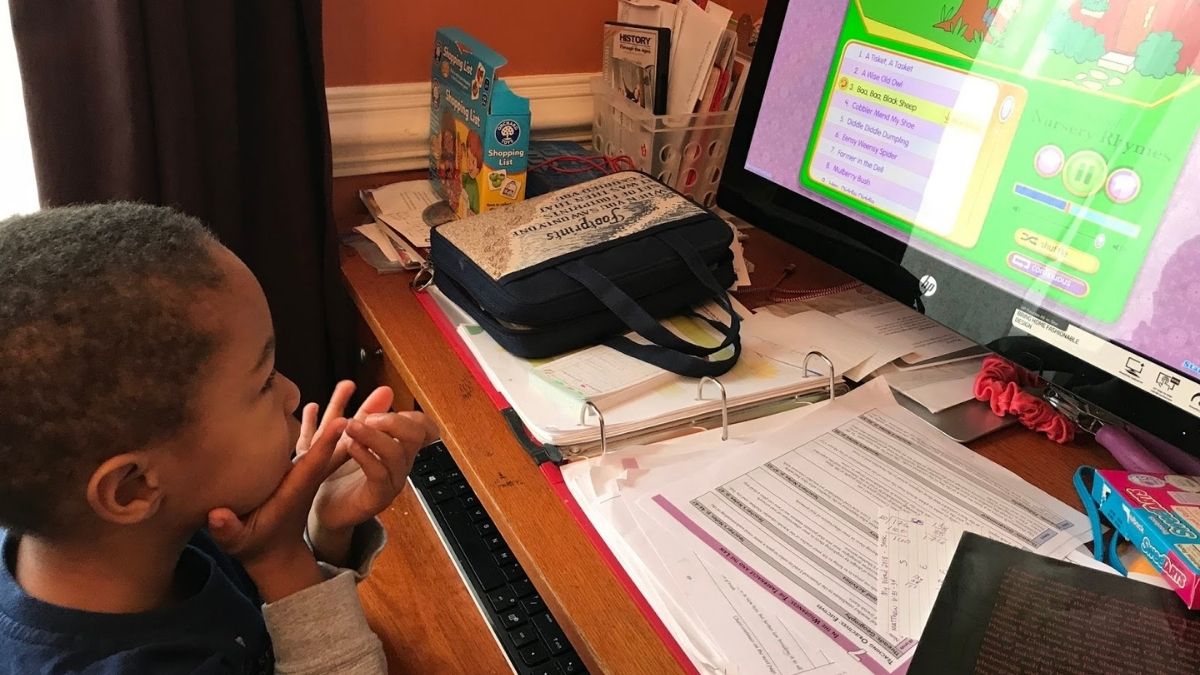Legal translation is a pivotal profession that bridges linguistic and cultural divides in the world of law. Getting it right is non-negotiable—a single mistranslation in a contract, legal brief, or court ruling can lead to costly disputes or even jeopardize legal cases. But what does it take to succeed as a legal translator?
This blog explores the essential abilities and skills that every legal translator needs to master, helping them deliver precise, reliable, and culturally sensitive translations in this high-stakes field.
What Makes Legal Translation Unique?
Legal translation isn’t just about converting text from one language to another; it’s about translating in a way that reflects the legal systems, cultures, and nuances of both the source and target texts. Here’s why this field stands apart:
- High Stakes: Legal documents, like contracts, court rulings, or patents, hold significant financial, ethical, and social consequences if mistranslated.
- Complex Terminology: Legal language is often intricate, with terms that might lack direct equivalents in another language.
- Cultural Nuances: Each legal system functions within cultural parameters, requiring translators to be sensitive to these differences.
Given this complexity, legal translators need an extensive toolkit of skills and abilities to excel.
Key Skills Every Legal Translator Must Have
1. Mastery of Source and Target Languages
Accuracy starts with proficiency. A legal translator must have a superior command of both the source and target languages to convey meaning with absolute precision.
- What it entails: It’s not just about vocabulary or grammar; translators must understand colloquialisms, idiomatic expressions, and regional variations.
- Example: The term “consideration” in a legal contract in English may appear straightforward but could necessitate a nuanced explanation in another legal system to reflect its exact meaning.
How to develop this skill: Regular practice, exposure to diverse linguistic materials, and immersion in native contexts can enhance language mastery.
2. Deep Knowledge of Legal Systems
Legal translation goes beyond language; it demands familiarity with the legal frameworks of both the originating and target cultures.
- Why it matters: Legal systems vary widely. A direct translation may be meaningless—or legally inaccurate—if the translator doesn’t understand the underlying legal principles. For instance, common law systems (like the U.S.) differ greatly from civil law systems (like France).
- Example: Translating “bail” in a U.S. legal context might require rephrasing or adding extra explanation for legal systems that don’t have an equivalent concept.
Tip: Formal training in law or ongoing collaboration with legal professionals can sharpen this understanding.
3. Attention to Detail
Legal texts require precision down to the last comma. Mistakes are not an option.
- Why it’s vital: Even small errors—like mistranslating dates, numbers, or clauses—can lead to significant misunderstandings and liabilities.
- Example: Confusing “insure” and “ensure” in a legal insurance document could radically alter the intended meaning.
Best practices: Leverage proofreading tools, double-check all facts, and maintain absolute focus when working on legal documents.
4. Specialized Legal Vocabulary
Legal translators must have a comprehensive understanding of legal terminology in both languages. This often goes beyond knowing legal terms—it includes knowing how and when to use them.
- Challenges: Legal jargon varies between jurisdictions and may not have direct translations. For example, the term “defeasance” in finance law might not exist in other jurisdictions, requiring a clarifying phrase in translation.
- Solution: Invest in high-quality legal dictionaries or attend legal translation workshops to stay updated.
5. Cultural Competence
Cultural awareness is critical to ensure that translations make sense in their target context. Beyond language, a word or concept might carry significant cultural implications.
- Why it matters: Some legal concepts, norms, or traditions may not translate directly due to cultural differences. A competent translator knows when to adapt versus when to clarify.
- Example: Translating the phrase “seal and signature” from U.S. contracts for a jurisdiction that doesn’t use seals might require rewording or adding explanatory context.
Enhance cultural competence: Research each target culture in-depth and be attuned to cultural sensitivities that could influence your translation.
6. Research Skills
Legal translators often encounter terminology or concepts they’ve never seen before. Strong research skills are essential to uncover definitions, explore case precedents, and verify context as needed.
- Example: A term like “nolle prosequi,” used in U.S. court contexts, may require investigation to find its precise equivalent in a different legal system.
Tools to leverage: Legal research databases like LexisNexis can be indispensable for ensuring contextually accurate translations.
7. Technical Proficiency
Modern-day translation isn’t done with paper and pen—it relies heavily on technology. Legal translators must be proficient with tools like CAT (computer-assisted translation) software.
- Why it helps: These tools speed up translation, ensure consistency in terminology, and assist with repetitive phrases that legal texts often contain.
- Example tools: SDL Trados, MemoQ, and Wordfast are industry favorites for managing legal translation projects efficiently.
Pro Tip: Pair your technical proficiency with a human touch to identify nuances that algorithms might miss.
8. Confidentiality and Professionalism
Legal documents often contain sensitive or classified information. Maintaining professionalism and adhering to strict confidentiality protocols is non-negotiable.
- Why it matters: A breach of confidentiality isn’t just an ethical concern—it can have legal ramifications.
How to manage this: Use encrypted platforms to share documents, and always adhere to data privacy regulations in the relevant jurisdictions.
9. Patience and Commitment to Lifelong Learning
Legal language and laws are constantly evolving. A good translator must remain committed to learning and adapting.
- Why it’s important: Staying updated with legal changes ensures accuracy and relevance in translations.
Strategies: Attend seminars, read legal journals, and engage with professional associations like the American Translators Association (ATA).
Why These Skills Matter
Legal translation demands the highest degree of accuracy, linguistic mastery, and legal expertise. A translator’s work could impact court cases, international business deals, immigration status, and more. By honing the abilities listed above, a legal translator doesn’t simply handle words—they bridge entire legal systems, enabling clarity and trust in an increasingly globalized world.
Master Legal Translation with Confidence
Are you aiming to refine your expertise in legal translation? These skills and abilities form the foundation of success in this high-stakes field. By focusing on continual improvement and leveraging the right tools, you can ensure your work meets the rigorous standards required in law.
Looking for more expert insights on legal translation? Subscribe to our newsletter or explore our comprehensive courses to take your translation skills to the next level.











